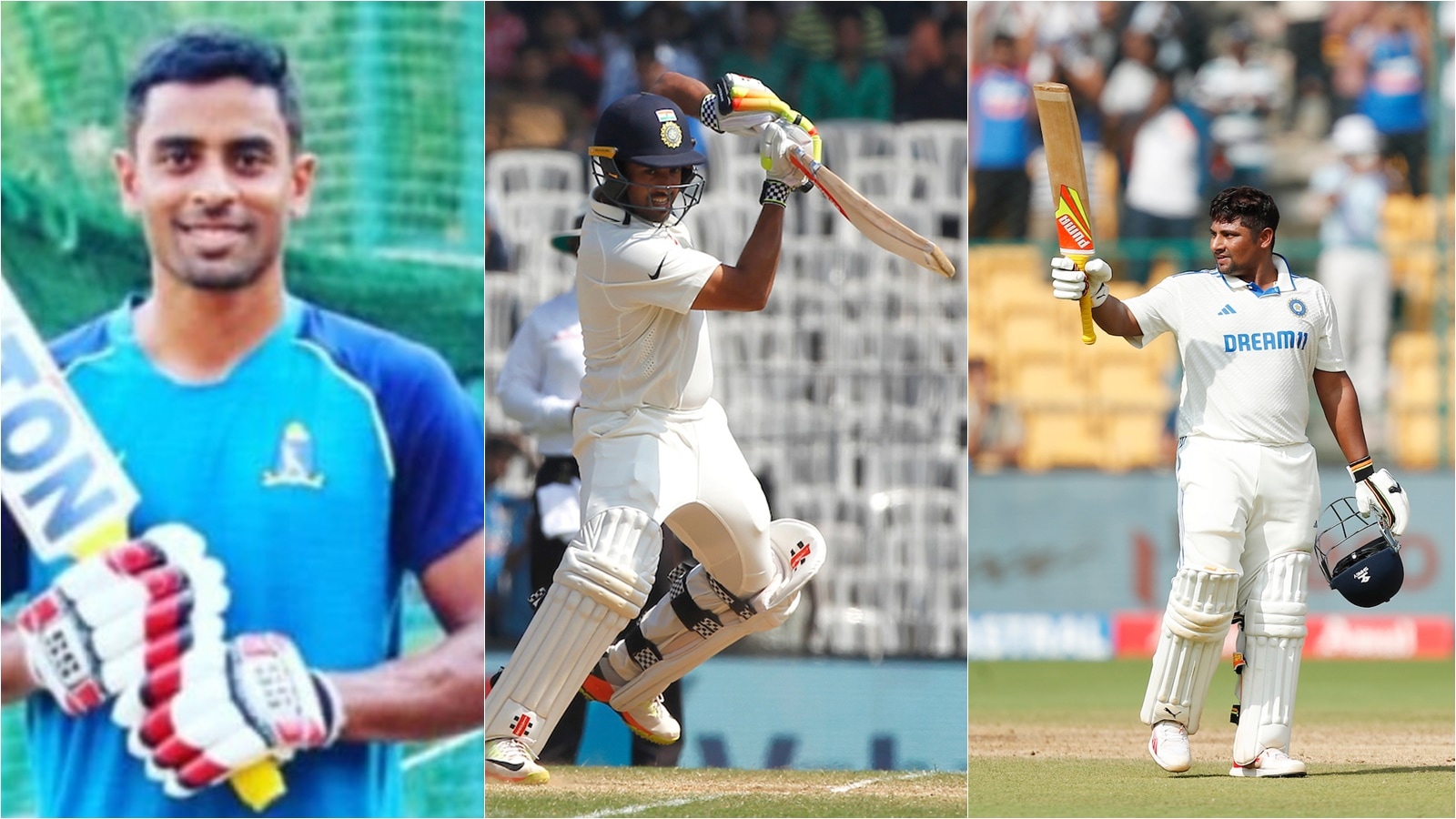The humans of IPL: Unsung heroes who ensure calm amid the chaos

Royal Challengers Bengaluru squad at the airport. (Image: X)New Delhi:Go Beyond The Boundary with our YouTube channel.IPL 2025: The unsung heroes of India's T20 leagueIPL 2025 suspended: What happens next?A team swifts through player luggage for the Punjab Kings. (Image: Special arrangement)File photo of Virat Kohli at an airport. (Image: X)On May 8, when the floodlights went off in Dharamsala and the match came to an abrupt halt, Arvinder Singh Negi, the Head of Logistics and Travel Operations at Delhi Capitals , murmured, "Not again! Come on!"The stadium lights went off in the 11th over due to the security situation in Pathankot , roughly 90 kms from Dharamsala.Panic gripped the players from both teams in the dugout and the faces of family members of players and support staff turned pale in the stands. Negi's mind instantly went back to 2020 when he was overseeing travel operations for the Board of Control for Cricket in India (BCCI). The first ODI between India and South Africa was washed out without a ball being bowled and what followed a day later is something Negi likens to the night in Dharamsala."Back then, the global situation was precarious. COVID-19 had begun its spread. The match was called off, and we received instructions from the BCCI that the series was likely to be cancelled. The South African players were asked to self-isolate. Thankfully, the Dharamsala airport was operational, and we transported the travelling team to Kolkata via a charter flight, from where they departed for South Africa," Negi tells TimesofIndia.com."It was a unique situation, but everything proceeded smoothly. However, what happened on May 8 was absolute chaos," he adds.Mayhem took over when the floodlights went off but for Negi & Co, it wasn't the time to panic but to ensure safety and immediate plan of action."No one knew what to do initially. First, there was a plan to take the team to Una. Then someone suggested taking the players to Pathankot for safety, but there were reports of drone attacks in that region. We couldn't take the players back to the team hotel, potentially making them a target."An idea was floated to take the players to Jalandhar by road, which was unsafe considering it's a downhill drive from Dharamsala. Thankfully, we secured a resort (which was booked immediately after the match was called off). We managed to convince the players and their families that they would be safe there and would leave the next morning for Jalandhar, from where they took the Vande Bharat train and reached Delhi," Negi narrated.For Vikram Hastir, the Punjab Kings team manager, it was just another day at the office."During the IPL , we always have Plan A, Plan B, and Plan C active. The players were evacuated swiftly," he tells TimesofIndia.com from Jaipur, where Punjab Kings will play Rajasthan Royals on Sunday.However, Hastir echoed Negi's sentiments regarding Dharamsala as a venue."And Dharamshala, I'll tell you, is a logistical nightmare. It's good for the fans, the players, and the media to cover, play, or watch the game with the magnificent Dhauladhar range as a backdrop. But for us, it's certainly not a holiday destination," he chuckles."I manage a contingent of around 100 people. No larger aircraft can land there. Aircraft have limited load capacity and cannot carry much baggage. So, the baggage has to go by surface. As the day progresses, aircraft at Dharamsala cannot land or take off with a full load. Therefore, we have to prioritise passengers. They've given me an option of 50-55 passengers, so I need to identify who to take on a priority basis," he explains.Despite all the challenges and hiccups, Hastir maintained that his team is prepared to face them, having done so for years. The only time he loses his temper is when someone's kit bag is left behind."Last year, we were traveling to Bengaluru, and we misplaced Shikhar Dhawan's (captain of Punjab Kings) kit bag. I had a good laugh with Dhawan in Bengaluru, but when one of my team members broke the news, I lost my temper. But you know, we're human; we can't be perfect," he says.Every team goes about differently as far as logistics are concerned but the unsung heroes continue to work overtime to ensure players, support staff and families move cities with ease.In most instances, luggage arrives at the destination a day before the match. Players' kits are sent directly from the stadium to the airport. Once the players reach the hotel, a 'bags out' message is shared in the WhatsApp group. Players usually fly out a day after the match with flights pencilled in for late afternoon or evening.While most teams prefer commercial flights, Gujarat Titans prefer to travel on charters. "The idea is to make players comfortable. Since our first season, we only travel on charter flights. It costs us more, but it offers significant convenience," Colonel Arvinder Singh, Chief Operating Officer (COO) of the Gujarat Titans, tells TimesofIndia.com."But kudos to the operations team; it's not easy. They still have to ensure that everything is on time. Players don't even have to think about their socks," he adds.The game of cricket might be played on 22 yards, but it is the logistics personnel who are, in the truest sense, the unsung heroes for over two months in the IPL."We are the humans of the IPL. We always work on the road," Arvinder Negia aptly sums it up.











